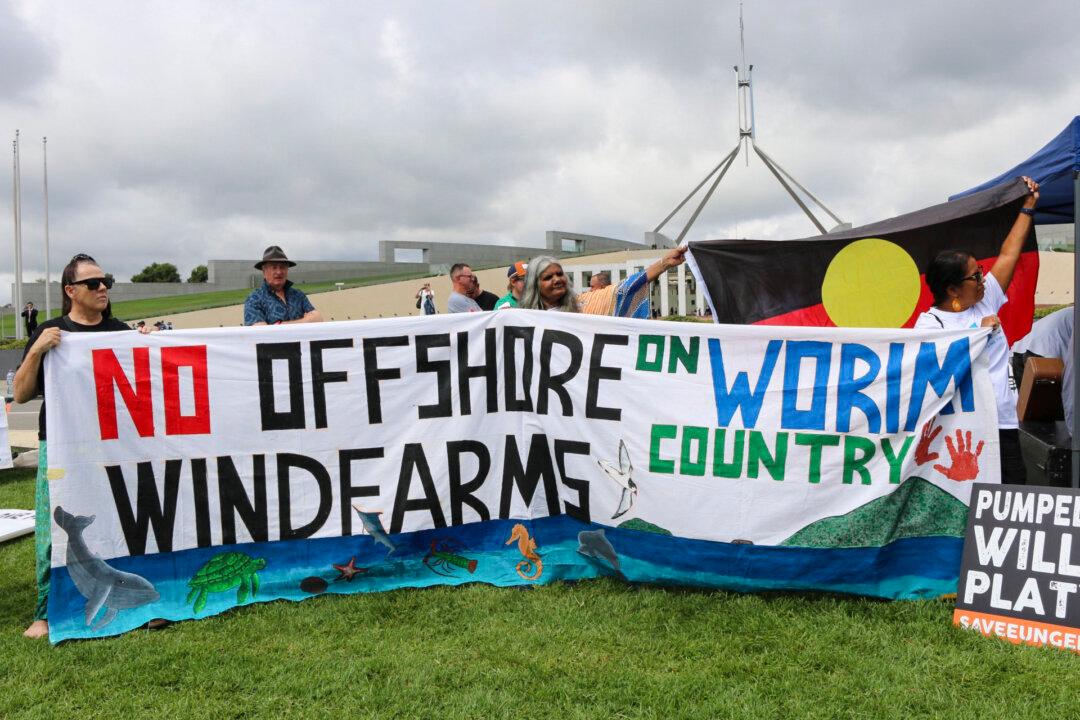The New South Wales government will push to enshrine emissions reduction targets into law, which will also see the establishment of an independent Net Zero Commission.
Thursday’s announcement is part of the Labor government’s Climate Change Bill, aimed at cutting greenhouse gas emissions by 50 percent by 2030, and net zero by 2050.




